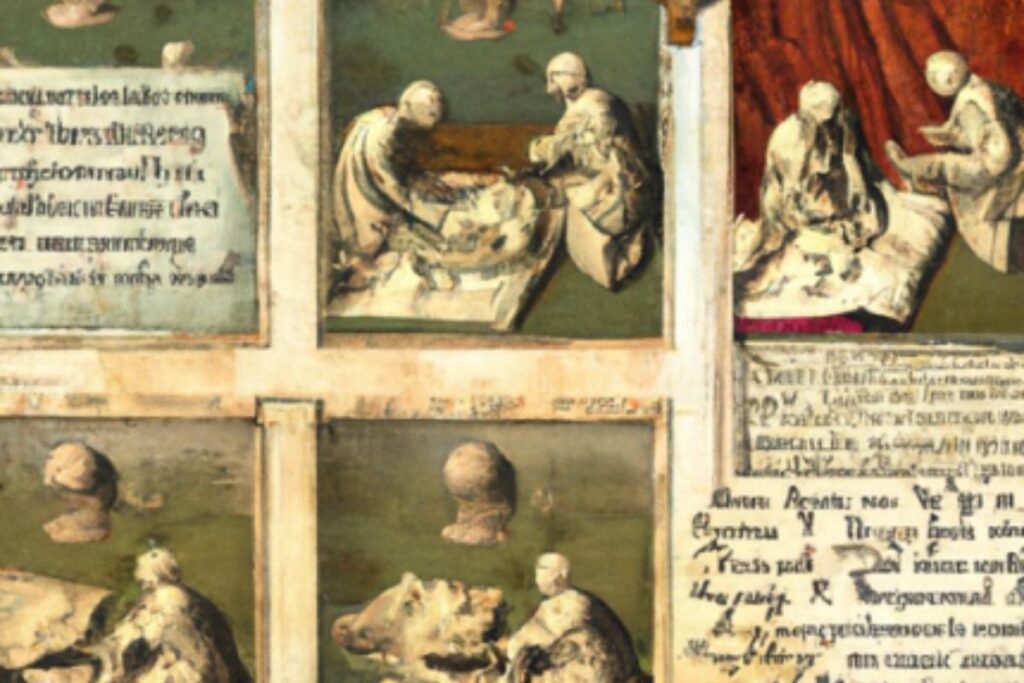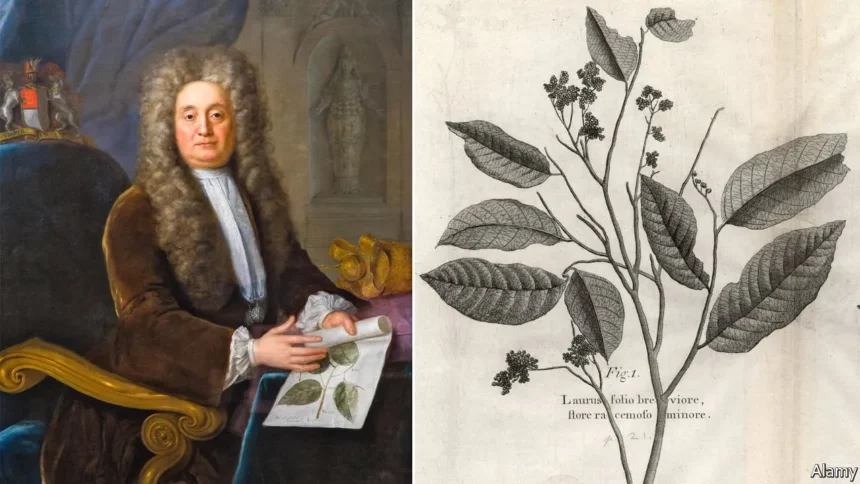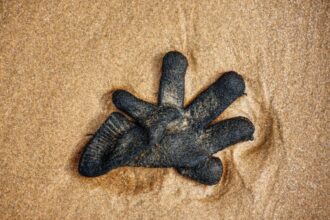Textbooks of middle schoolers in India define science as ‘the systematic study of the structure and behaviour of natural and physical objects via observation and experimentation.’ The textbooks also say that these experimentations and observational methods were initiated by the ancient Romans and Greeks. Aristotle is said to have been the ‘first scientist’ (4th century BCE). However, individual accounts of the history of science in various parts of the world bring up a different picture.
The Golden Age of India, between the 3rd and 5th century BC, saw discoveries essential to modern times like the decimal system, the Zero, surgery and disinfection, and even Chaturanga, the ancient name for chess. Imhotep, from the Egyptian empire in Africa, was one of the first medics who wrote about the diagnosis and treatments of over 100 diseases in the 2nd century. Arabian chemists like Jabir ibn Hayyan, from the Golden Age of Arabic-Islamic Science (8th to the 13th centuries), are said to have made advancements that built the foundations for modern chemistry and medicine in Europe. The Maya people of South America were making some of the most durable construction materials by mixing sap from the local Chukum and Jiote trees into standard plaster recipes as early as the 4th century. Their buildings stand strong even today, a testament to the scientific prowess of those Mayan innovators.

If the Greeks were the pioneers of the ‘scientific method’, accounts fail to mention the influences of other regions upon those scientists in Greece. Next, Western accounts tend to fast forward the history of science from the 4th century BC directly into 1500 CE, skipping many years in between, labelling them as the ‘Dark Ages’. This leaves an impression that nothing happened anywhere during all those years when, in fact, regions other than Europe witnessed plenty of innovation. Historians Rajiv Malhotra and Jay Patel say, “When Western historians claim modern science as an exclusively European triumph, they neglect the influence of others on the European Renaissance and the Enlightenment.”
Colonial influences on scientific development
It is not common knowledge that the horror of the slave trade is closely linked to the development of ‘the scientific method’. The naturalist James Petiver had amassed a museum worth of plant and animal specimens from far-flung colonies by employing ship surgeons and captains on various slave ships. This staff would collect samples and bring them back to England to be studied. A significant proportion of the taxonomic nomenclature of species worldwide was done on these samples by researchers visiting this museum, including Carl Linnaeus, whose ‘formalised’ naming system is used globally today.
When an enslaved labourer on a Jamaican plantation was caught with a ‘poisonous plant’ in the 18th century, he was hanged to death on the accusation of ‘conspiring against the owners’. He died nameless. His discovery, Apocynum erectum was later studied by the Europeans on the plantation and was found to be an important cure for parasitic infections.
Colonialism not only took over lands, it took over every aspect of life- including science and innovation. Old indigenous knowledge, like the benefits of local herbs, is often picked up by Western researchers and re-packed as a ‘discovery’ or ‘innovation’ to fuel capitalist ventures. The latest example is Turmeric or Curcumin- a plant with medicinal properties extensively used in the Indian subcontinent, which is a current favourite amongst Western researchers. The knowledge existed for centuries, so why is it gaining traction now when it was shunned earlier? The profit-driven motive of colonisers resulted in the advancement of a select few ‘traditional scientific concepts’ like textile and metallurgy, while other knowledge systems were quickly undermined. This makes it important to recognize that a vast part of Western science was built at the expense of other cultures.
There is a clear Eurocentric bias within science, which stems from disregard for any non-Western scientific methods. Authors of a paper on ecology investigated the number of bird species with European surnames in their nomenclature. It is eye-opening to see that European colonisers went along naming birds in Africa, the Americas and parts of Asia after themselves but didn’t extend this kindness to those of their native land (Europe). Intellectual arrogance, thus, also played a part in the spread of Western science worldwide.
While some colonial scientists built their research for profit, some for scientific glory, others did it to benefit their governments’ imperialistic ventures. Sir Ronald Ross, Nobel laureate known for his malaria research, is said to have believed that ‘the success of imperialism will depend on the success of the microscope’. Some historians of medicine point out that his research on malaria could have been carried out to ‘safeguard the health of British troops and officials in the tropics.’
Pursuit of the objective truth
These examples raise an important question- is most Western science expansionist and/ or profit-driven? A paper on the history of biological warfare reads, ‘The foundation of microbiology by Louis Pasteur and Robert Koch offered new prospects for those interested in biological weapons because it allowed agents to be chosen and designed on a rational basis’. Another example comes to mind- Agent Orange, a toxic herbicide which was used by the US military for the mass killing of vegetation during the Vietnam War. Not only did they target humans, but they also indiscriminately targeted the ecology of the country in the name of ‘war’. Indigenous cultures used their knowledge of plants and chemicals with caution- which stemmed from a sense of reverence for the environment and forces of nature. On the other hand, colonisation, with its expansionist agenda- promoted the development of weapons of mass destruction- of humans and ecology alike.

Authors of a paper on the entangled history of science and capitalism opine that “both science and capitalism were historical institutions that arose in an imperial context of global exchange”. Science escalated from being the ‘pursuit of the objective truth’ to the ‘pursuit of profit’ pretty much at the same time when Europeans started ‘exploring new lands’. The seemingly non-violent innovations were still human-centric, for they had little regard for the environment or local culture. A common example is how the Britishers promoted cash crops like cotton, jute and opium in their colonies, which changed the cropping pattern of the lands forever. Farmers had to stop growing local foodgrains (like millets in India) since there was a huge tax imposition on them, which could only be fulfilled by the growth and sale of these cash crops.
Contentious history
Today, the scientific method is taught in most educational institutions of the world. It has been accepted worldwide as a legitimate method. However, once upon a time, the same scientific method had been used to collect ‘empirical evidence’ to prove the Scientific Racism theory. This theory, which is now considered a pseudo-scientific belief, was once an established hypothesis that justified the colonial concept of ‘superiority of the white race’.
Like everything on earth, the scientific method is not without its flaws. Like the theory above, many others have been established with evidence only to be disproved later (for example- the Dalton and Rutherford model of the atom). We do not mean to disregard the method, only to bring to the forefront its shared story with colonialism. It is a bittersweet fact (mostly bitter) that the global scenario was completely altered by European imperialism. Today, time demands that multi-polar perspectives replace Eurocentrism. There is a need to ‘decolonise minds’- educators, researchers, and students need to start accepting concepts and methods that do not arise solely from Western scientific practices. This will be possible only if they are taught about the diverse origins of science and not just the uni-polar, Eurocentric ‘scientific method’.






















